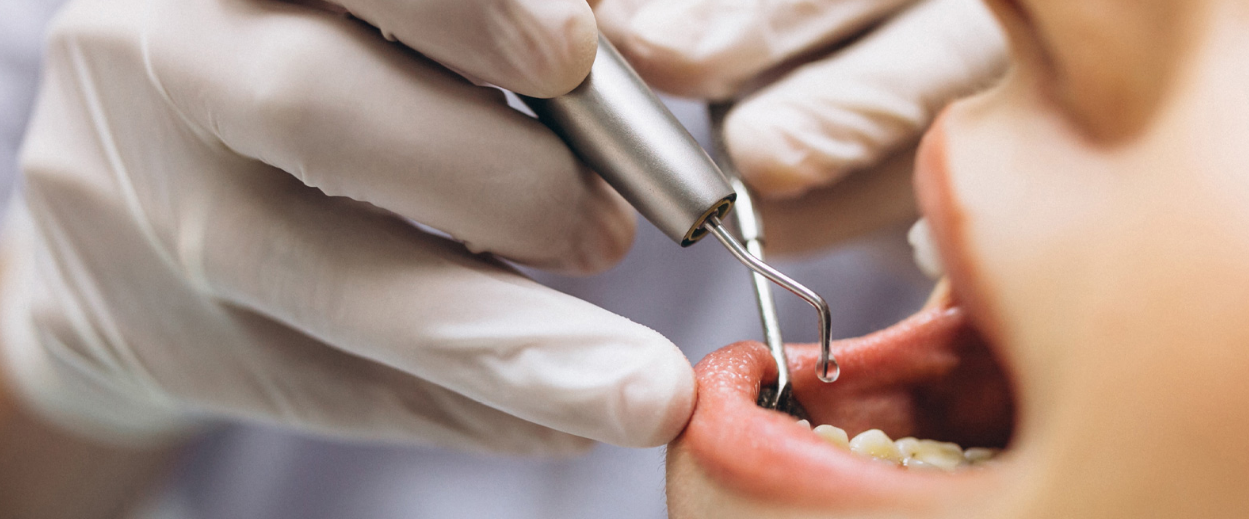If you or someone you care for has questions about nitrous oxide sedation or would like to experience a more comfortable, stress-free dental visit, we’re here to help. Keep reading.
Patient comfort lies at the heart of contemporary dental care. The dental chair, for many, conjures memories of anxiety or visions of discomfort—sentiments that can deter even the most diligent individuals from seeking timely treatment. Dental anxiety is surprisingly common, affecting people from all walks of life, and for some, even routine check-ups can bring about significant stress.
Fortunately, advances in dental science offer effective means to address these concerns, transforming the patient experience. Two key tools have emerged as champions in this arena: nitrous oxide and oral sedation. Both are designed to manage discomfort and ease worries, ensuring that patients—children and adults alike—can receive the care they need with confidence and calm.
In this blog, we’ll explore how nitrous oxide (often affectionately called “laughing gas”) sedation works within dentistry, with a special focus on pediatric dentistry. You’ll learn about their safety, practical benefits, and the reasons these methods are trusted by dental professionals worldwide.
Understanding Nitrous Oxide Oral Sedation
Both nitrous oxide and oral sedation play pivotal roles in managing patient anxiety and discomfort, making dental visits more approachable and less daunting.
- Anxiety Control: Sedation helps patients feel calmer, reducing stress and fear commonly associated with dental visits. A relaxed state benefits the patient and allows the dentist to work more efficiently.
- Rapid Effect: Nitrous oxide, when inhaled, takes effect within minutes, providing quick relief from anxiety and discomfort right as treatment begins.
- Adjustable Dosage: Dentists can tailor nitrous oxide levels in real-time, ensuring each patient receives the exact amount needed for comfort and safety, with instant adjustments if required.
- Pain Reduction: Sedation decreases pain sensitivity, making even more involved procedures much more tolerable.
- Minimally Invasive: The administration of nitrous oxide is simple—usually through a small, comfortable mask—and recovery is quick, with minimal lingering effects.
- Enhanced Cooperation: Anxious or fearful patients, including children, are more likely to cooperate and sit still, enabling the dentist to complete work efficiently and safely.
- Safety Profile: Nitrous oxide has a long-standing record of safety in clinical dental practice, especially when administered by trained professionals.
- Short Recovery Time: Unlike some sedatives, patients typically recover within minutes after nitrous oxide is stopped, allowing them to resume normal activities soon after their appointment.
Uses of Nitrous Oxide in Dentistry
Dentists utilize nitrous oxide in various ways to enhance the patient experience and improve treatment outcomes, adapting its use to suit different procedures and individual needs.
- Common Procedures: Nitrous oxide is frequently used during routine fillings, tooth extractions, and cleanings—procedures that can otherwise cause anxiety or discomfort.
- Pediatric Cases: For children who may feel overwhelmed by the sights and sounds of the dental office, nitrous oxide offers a gentle way to help them stay calm and cooperative.
- Adult Patients: Adults with dental phobias or past traumatic experiences benefit from the calming effects, making it easier to undergo necessary treatment.
- Reduced Gag Reflex: For patients who struggle with a sensitive gag reflex, nitrous oxide helps relax the throat muscles, making procedures like impressions or x-rays more manageable.
- Multiple Appointments: Complex cases often require several appointments; sedation can ease the process, making it less stressful to return for follow-up care.
- Customizable Experience: Dosage and duration can be tailored to suit each patient, ensuring comfort without unnecessary sedation.
- Minimal Side Effects: When administered and monitored correctly, nitrous oxide is associated with a low risk of adverse reactions, making it a preferred option for many.
- Improved Outcomes: When patients are comfortable and relaxed, dentists can perform treatments more efficiently and precisely, leading to better results and higher patient satisfaction.
Benefits for Children at Dentist Visits
Nitrous oxide is especially favored in pediatric dentistry, offering unique advantages that help children navigate dental visits with reduced fear and greater ease.
- Child-Friendly Approach: The delivery method—a small, soft mask placed over the nose—feels non-threatening and is easy for children to accept, minimizing initial resistance.
- Eases Fear Quickly: Nitrous oxide acts rapidly to alleviate anxiety, helping children feel comfortable before the dentist even begins the procedure.
- Encourages Cooperation: By reducing anxiety and increasing comfort, children are more likely to sit still and cooperate, which is essential for successful and safe treatment.
- Safe Monitoring Tools: Throughout the entire procedure, dental staff use specialized monitoring equipment to track the child’s vital signs, ensuring the highest standard of safety.
- Flexible Dosage Control: You can instantly adjust the sedation level to suit each child’s needs and response.
- Temporary Effects Only: Once the mask is removed and the flow of nitrous oxide is stopped, its effects dissipate within minutes, allowing kids to return to their usual activities quickly.
- Parent Reassurance: Parents gain peace of mind knowing that their child is receiving safe, gentle care in a controlled environment, often helping to foster trust in both the provider and the dental experience.
- Positive Dental Attitude: Positive early experiences can shape a child’s perception of dentistry for life, making them less likely to carry dental fears into adulthood.
Choosing Comfort With Nitrous Oxide Dentistry
Nitrous oxide and oral sedation have redefined the patient experience in modern dentistry, empowering both adults and children to seek care without fear or discomfort. Their benefits—ranging from rapid anxiety relief and flexible dosing to minimal side effects and quick recovery—are especially valuable for those who might otherwise avoid dental visits due to anxiety. In pediatric dentistry, these tools have become essential for fostering positive early experiences, improving cooperation, and building lifelong trust in dental professionals.
To learn more about nitrous oxide sedation, visit Groot Dental today.

Leave a Reply
You must be logged in to post a comment.